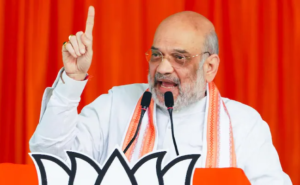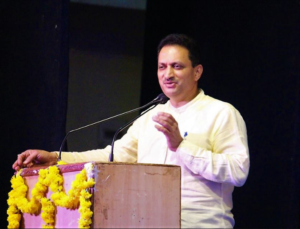State govt. at a crossroads on power tariff hike
Revision was last made in 2014; another one may be on the cards soon.
After effecting an increase in the price of milk supplied by Aavin, the State government is now faced with the situation of having to give its nod to the Tamil Nadu Generation and Distribution Corporation (Tangedco) for a hike in the power tariff.
Last week, Chief Minister Edappadi K. Palaniswami held a meeting with senior government officials. As of now, the green signal has not been given to the power utility to file a power tariff revision petition before the Tamil Nadu Electricity Regulatory Commission (TNERC), officials say. However, they have indicated that it is only a matter of time before the government asks Tangedco to go ahead.
Besides, even if the power utility files the petition immediately after getting the clearance, it will take at least a few months for the Commission to issue an order.A revision in tariff was last made by the TNERC on its own in December 2014.
Despite Tamil Nadu becoming one of the implementing States of the Ujwal DISCOM Assurance Yojana (UDAY) — a Central scheme for facilitating the financial and operational turnaround of electricity distribution companies — in January 2017, the power utility has not yet gone in for the annual revision of tariff by 6%.
The proposed tariff revision appears to have been prompted by the mounting losses of Tangedco. The revenue deficit of the power utility in 2017-18 was ₹7,760 crore — about 80% higher than the previous year’s figure.
The loss for 2018-19, which has not yet been finalised, will certainly be higher than that for 2017-18, even though its growth rate is expected to be lower than that of last year, a senior official says.
The Corporation is losing around ₹2.2 per unit sold. As per Tangedco’s calculation, the average cost of supply is ₹8 per unit, while the average rate of realisation is only around ₹5.8 per unit. The monthly cash loss is estimated at ₹1,250 crore.
The present plight of the power utility has been attributed to a number of factors, many of which are usually-cited ones, such as the increase in the price of domestic coal and freight charges, besides the hike in the price of power purchased from Central Generating Stations by ₹0.50 per unit. The cost of domestic coal has gone up by about 50%.
A revision in the wages of employees of the Corporation came into effect in February 2018.
The only saving grace, as claimed by the power utility’s official, is the reduction of ₹350 crore achieved in the purchase of imported coal in the last one year, thanks to “transparent bidding through reverse auctions”.
But what has rattled the power utility in recent times is the Central government’s decision to make it mandatory for distribution licensees to open and maintain adequate Letter of Credit (LC) as a payment security mechanism under power purchase agreements (PPAs).
This system has been in operation since August 1. On an average, the monthly power purchase bill comes to ₹2,500 crore for Tangedco.
In the event of a default in payment of power bills within a month, the power supplier can encash the portion of LC to which it is entitled.
Till the Corporation recoups the LC correspondingly, it will not be able to avail itself of the quantum of power, even through short-term purchase. In simple words, load shedding will become inevitable.
This arrangement has come into force at a time when the Corporation is in a serious financial crisis.
According to another official, the government is inclined to settle the dues from local bodies to Tangedco at the earliest. The local bodies owe around ₹1,300 crore to the power utility.
There is also a recognition among officials that the tariff revision, even if effected, will not by itself solve all the problems of Tangedco. The power utility will have to carry out several cost-cutting measures in its operations.





